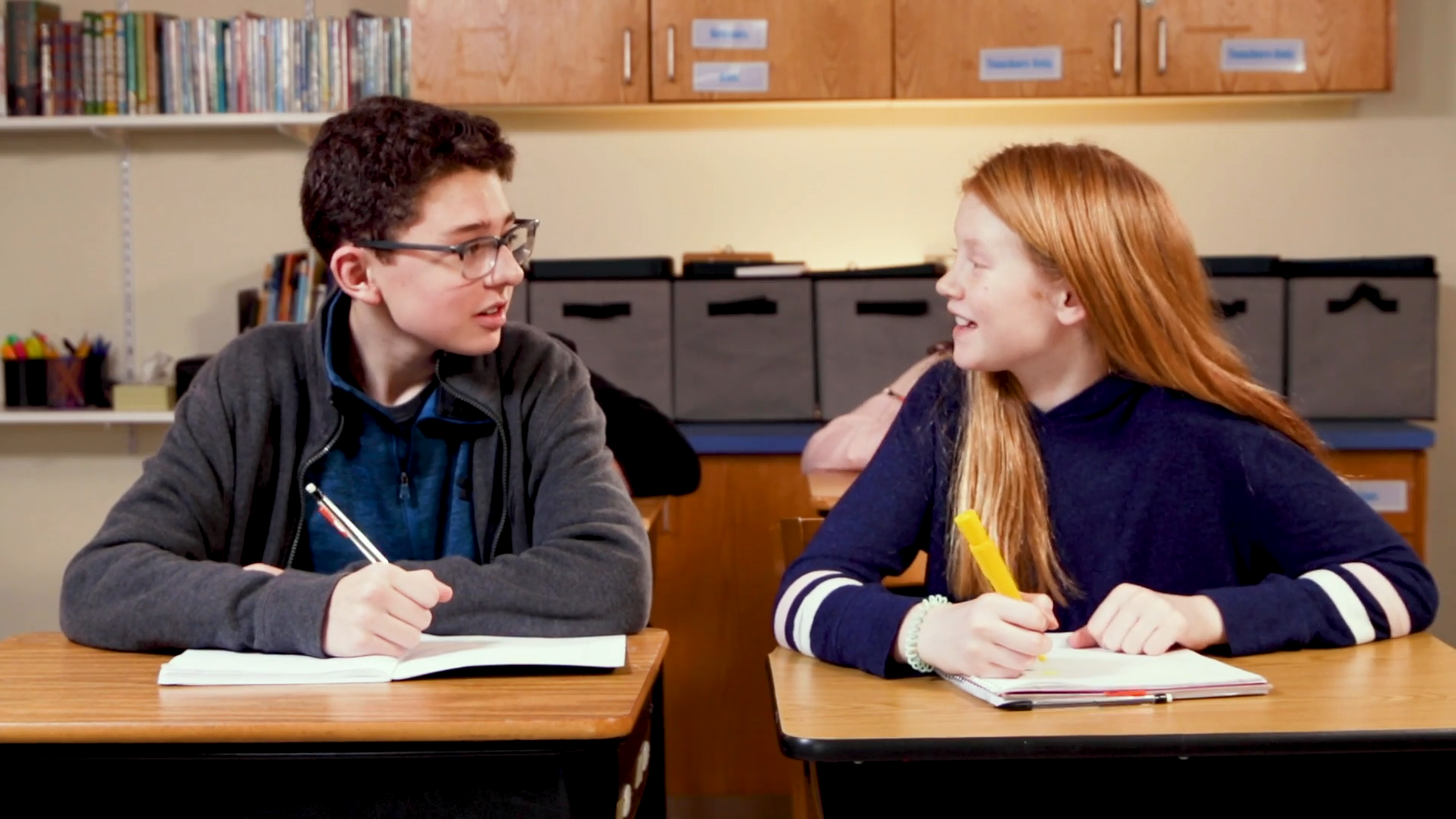
In special education, teaching students the art of negotiation and compromise is crucial for their overall development. This blog post explores the significance of compromise skills, the role of specialists in supporting their development, and provides specific IEP goals to improve these skills in PreK students.
Understanding Compromise Skills
Compromise skills involve the ability to negotiate, discuss, and reach agreements that benefit all parties involved. These skills impact students’ learning, social interactions, and wellbeing as they foster a sense of fairness, cooperation, and respect among peers. Developing compromise skills in PreK students helps them build strong relationships and navigate complex social situations effectively.
The Role of Specialists
Various specialists play crucial roles in supporting the development of compromise skills in students:
- Speech-Language Pathologists: Assist in enhancing communication and listening skills, which are vital for successful negotiation and compromise.
- Social Workers: Help students develop social and emotional skills, enabling them to better understand the perspectives of others and work towards mutually beneficial solutions.
- Psychologists: Work on improving problem-solving and decision-making abilities, which contribute to effective compromises.
- School Counselors: Support students in developing conflict resolution strategies and fostering positive relationships with peers.
IEP Goals for Compromise Skills
Here are some SMART IEP goals to improve compromise skills in PreK students, along with strategies and activities for implementation:
Goal 1: Improve Communication Skills
By [date], the student will effectively communicate their needs and preferences in a respectful manner during negotiations, as observed by the teacher in 4 out of 5 opportunities.
- Teach students polite phrases and expressions to use during negotiations.
- Model appropriate communication skills through role-playing activities.
- Encourage peer feedback and self-reflection after practicing negotiation exercises.
Goal 2: Develop Active Listening Skills
By [date], the student will demonstrate active listening skills by summarizing their peer’s viewpoint during compromise exercises, as observed by the teacher in 4 out of 5 opportunities.
- Teach students the importance of active listening and its role in successful negotiations.
- Practice active listening exercises, such as repeating or paraphrasing what the other person has said.
- Provide visual cues and reminders to help students stay focused during conversations.
Implementing and Measuring Progress
Effective implementation and progress measurement of IEP goals are crucial for enhancing compromise skills. Here are some tips:
- Collaborate with specialists to create a comprehensive plan for developing compromise skills.
- Monitor and document students’ progress regularly through observations, checklists, and anecdotal records.
- Adjust goals and strategies as needed, based on the individual needs and progress of the student.
Conclusion
Teaching compromise skills in PreK students is essential for their social and emotional development. By setting SMART IEP goals and collaborating with specialists, educators can effectively support students in mastering these vital skills. We encourage you to apply these goals and strategies in your classroom and invite you to explore more resources at Everyday Speech Sample Materials.





